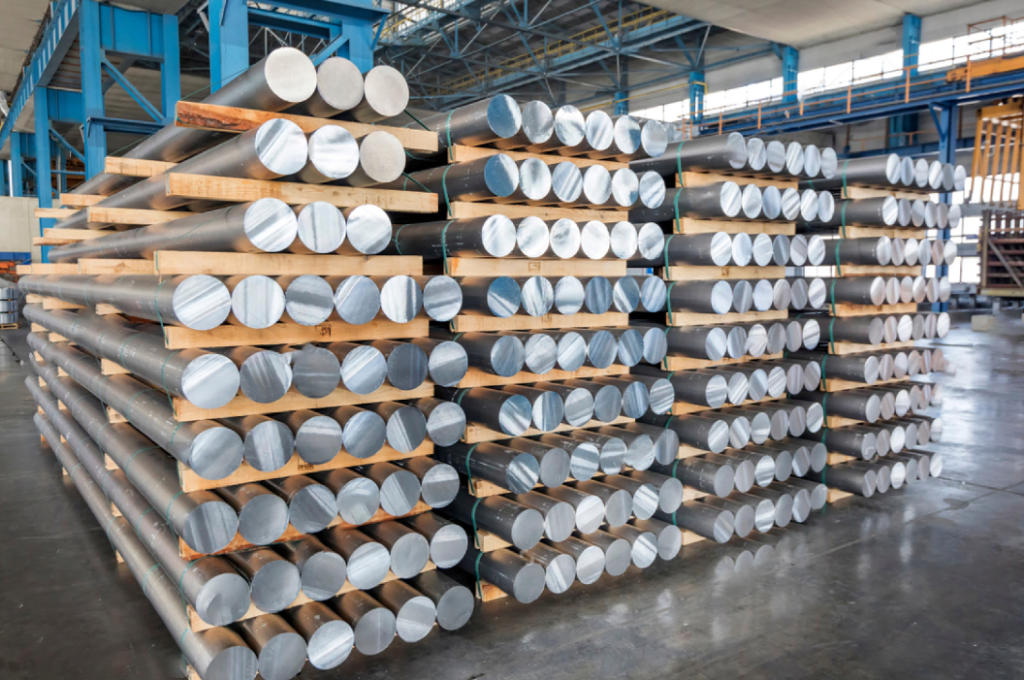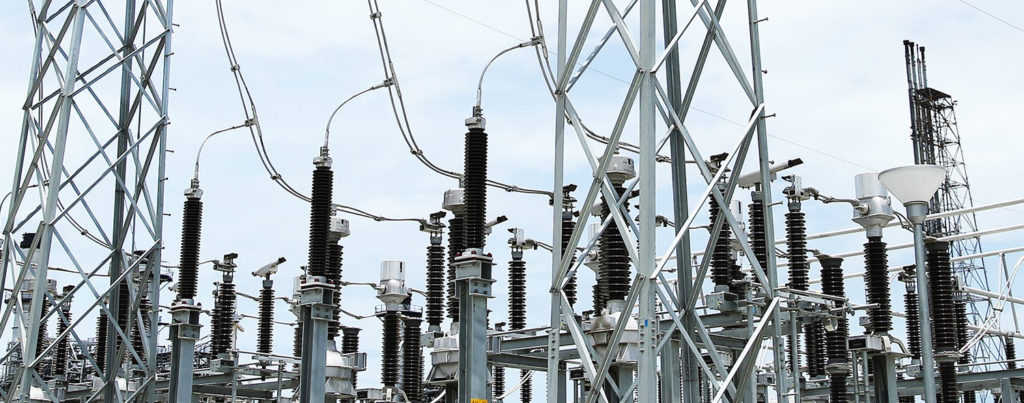Invar 42

Material Data Sheet
A binary nickel-iron containing around 41% nickel, this grade exhibits a low and normally consistent coefficient of thermal expansion over the range 20-300oC. This enables its use in glass-to-metal or ceramic-to-metal sealing applications and in tooling for aerospace composites.
Invar 42 also has a coefficient of thermal expansion matched to silicon, and ceramic materials such as alumina, beryllia, and vitreous glass compounds. It can be found as a sealing material in semiconductor packages, electronic tubes, CRT electron guns, microelectronic components, thermostat rods, vacuum devices, and electric industrial lamps.
Chemical Composition
| Element | Content % |
|---|---|
| Iron, Fe | Balance |
| Nickel, Ni | 35.0 – 37.0 |
| Manganese, Mn | ≤ 0.6 |
| Copper, Cu | ≤ 0.5 |
| Molybdenum, Mo | ≤ 0.5 |
| Chromium, Cr | -≤ 0.5 |
| Silicon, Si | ≤ 0.35 |
| Carbon, C | ≤ 0.1 |
| Phosphorus, P | ≤ 0.025 |
| Sulfur, S | ≤ 0.025 |
Physical Properties
| Properties | Metric | Imperial |
|---|---|---|
| Density | 8.11 g/cc | 0.293 lbs/in³ |
| Melting Point | 1427°C | 2600°F |
| Specific Heat | 0.12 BTU | 0.12 cal/g-oC |
Mechanical Properties
| Properties | Metric | Imperial |
|---|---|---|
| Tensile Strength, Ultimate | 490 MPa | 71068 psi |
| Tensile Strength, Yield | 250 MPa | 71068 psi |
| Elongation at Break | 42% | 42% |
Applications

- Transformer & capacitor bushings
- Automotive & industrial lamps
- Electronic tubes
- Glass-to-metal applications
- Ceramic-to-metal Applications
Specifications
- MIL-I-23011 CL.1
- AMS-I-23011 CL.5
- K94100
- ASTM F30
- 1.3917
- NF A54-301
- FeNi42
- ASTM B388
Key Words: AL 42(tm), Ametek 942(tm), Dilaton 42(tm), HPM NI 42(tm), Invar 42, Invar-42, Ulbraseal 42(tm)



